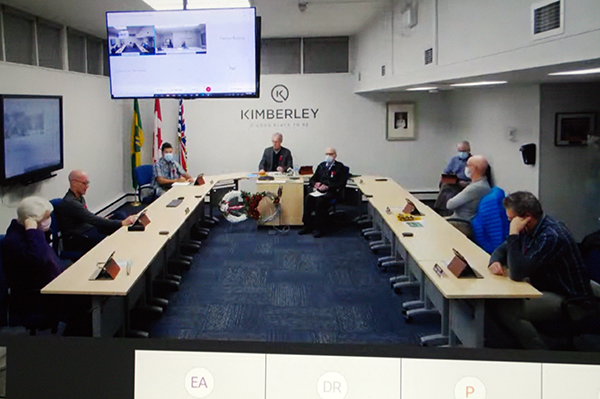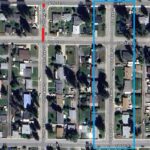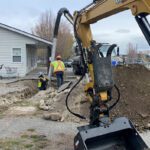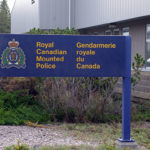Home »

Temporary tools now permanent for local governments
New legislative amendments will give local governments more flexibility to better serve communities and people, as special authorities granted during the pandemic become permanent.
The Local Government Act, Community Charter and Vancouver Charter are being amended to enable local governments to hold regular and council committee meetings electronically and conduct public hearings electronically.
“The COVID-19 pandemic has changed all our lives, and local governments have been on the front lines delivering the critical services people in communities count on. The lessons we’ve learned during the past year have shown us how we can do things better,” said Josie Osborne, Minister of Municipal Affairs. “We are hearing that having the option to participate in public hearings and meetings virtually is more equitable for people who face barriers to joining in person, which is why we are giving communities the power to do a mix of virtual, in-person or hybrid meetings, while maintaining transparency safeguards.”
These legislative changes will provide municipalities and regional districts in B.C. with new permanent authorities, such as enabling them to hold virtual and hybrid meetings and public hearings in addition to in-person meetings.
This means local governments can focus better on the specific needs of their communities when holding meetings and hearings.
These changes will come into effect once the COVID-19 emergency authorities for electronic meetings and public hearings are lifted, a Ministry of Municipal Affairs media release stated.
Along with the electronic meetings and hearings, the new legislation will amend the Community Charter, the Local Government Act, the Municipalities Enabling and Validating Act (No.4) and the Vancouver Charter.
The legislation will:
* expand eligibility for mail ballot voting by bylaw in local government elections;
* permit improvement districts greater flexibility with the timing of their annual general meetings and trustee terms; and
* create new ministerial authorities for borrowing in emergency situations and elections administration matters, allowing the province to be more responsive in future extraordinary events.
All these amendments are based on the experiences local governments had as they adapted to a new way of carrying out their work during the pandemic, the ministry said.
The legislation also ensures extraordinary financial measures and corresponding repayment obligations currently under COVID-19 Ministerial Order 159, which is set to expire on July 10, will continue to have legal effect after this date. This means local governments can continue to meet their repayment and other obligations as originally intended under the order.
Ministerial Order 192 provides local governments with temporary authorities to hold electronic meetings and public hearings.
These amendments contain specific transparency requirements, which include providing public notice so people have the information they need to participate in electronic meetings and public hearings.
Proposed amendments to the Local Government Act and Vancouver Charter will remove legislative limitations, enabling local governments, by bylaw, to expand eligibility for mail ballot voting to everyone, rather than only those who are absent or have an illness, injury or disability.
Minor amendments to the Local Government Act will remove three operational barriers for improvement districts by amending timing of annual general meetings and trustee terms and removing impediments for bylaws to be sent electronically.
Amendments to the Community Charter and Local Government Act add three new ministerial regulation authorities that enable the minister to address future financial and elections administration challenges faced by local governments in special circumstances, such as emergencies.
These include:
* enabling local governments to borrow from their reserve funds to pay for operating expenses;
* delaying the repayment of debt for revenue anticipation borrowing by local governments for up to one year; and
* adjusting rules for administration of groups of local elections, by-elections and assent votes.
Lead image: City of Kimberley council meeting being broadcast on Youtube. Capture of meeting held in November 2020
e-KNOW







